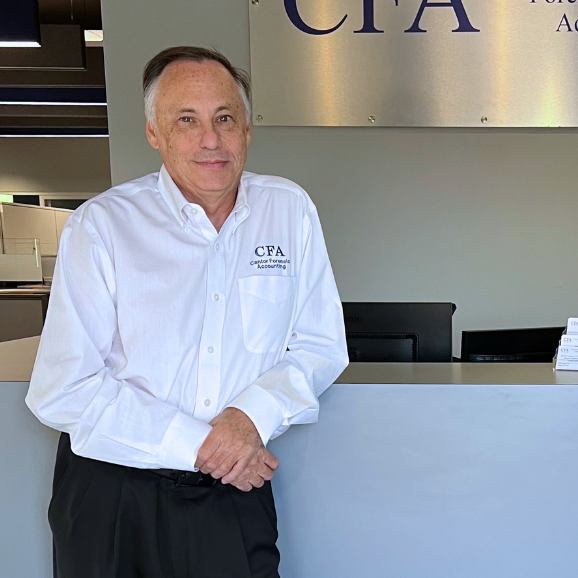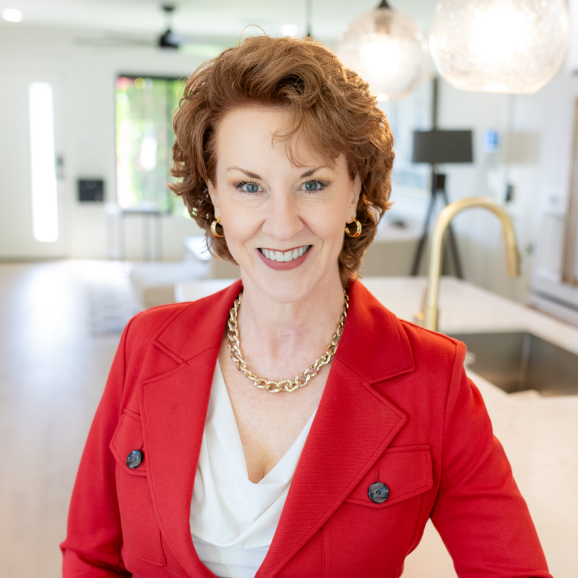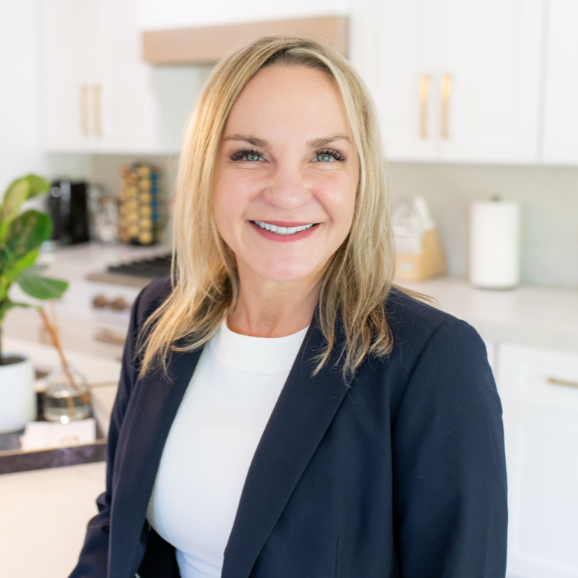The Power Of Community To Heal From Divorce
What is a community? The definition of the word is a group of people who have a common characteristic, history, interest, location. It comes from the latin, communis or communitas. It implies unity or uniting.
There is a community that I am passionate about serving – men and women going through divorce. They often suffer in silence and their burdens are heavy, yet invisible to the rest of the world. These are the ones who say, “I’m fine,” when you ask how they are, because they have the sense that you don’t really want to know how they are. They cry their tears into their pillow at night because they are convinced that they need to hide their sadness from the world.
Finding the Right Kind of Support
Many of my clients share with me how demoralizing it is to feel misunderstood, marginalized, patronized, even betrayed and abandoned in their greatest time of need. That’s why divorce support groups can be so helpful because this is a place where everyone “gets it” when you talk about your experiences, feelings, and thoughts. When you are with other people who have walked in your shoes, you have a chance to feel normal and understood, which is such a relief.
The sad truth is it can be challenging to find the right kind of support when your marriage is ending. Friends who you thought would be there aren’t. Family is in an upheaval and not necessarily available to you due to their own pain. Best friends – who are usually amazing – often lose their capacity for unconditional acceptance of where you are.
Most people are not taught how to be accepting of their own negative emotions. So, it makes sense to feel unsure how to handle the strong emotions of others. The tendency is to avoid talking about it or to try to fix them.
The Big Four
If you are going through a divorce, here are four really unhelpful attitudes and behaviors that you may encounter:
- Judging. People have their ideas of what marriage means. “You should stay in the marriage and work it out,” is one example. The judgment is that you’re doing something wrong or giving up (which is bad) when you decide to complete the relationship.
- Trying to rationalize away your pain by saying things like, “I never liked him/her anyway. You can do much better.” “Don’t feel sad, get even.” What this does is take away your right to your own inner experience and your feelings. You get the message that your feelings are wrong and/or weak.
- Withdrawing support and friendship. Just because people don’t know what to say, they may find themselves avoiding and withdrawing from you. This only reinforces the feeling of being alone.
- Using the “suck it up and move on” support approach. People may think they are doing you a favor by “forcing you out of denial and into the real world,” but all it does is make you feel worse. Especially if it’s been years since your divorce and they think you should have “gotten over it” by now.
There Is a Place for Us
The abandoned, the betrayed, the sad and lonely…yes, there needs to be a place for us to go for community, belonging, and healing.
There isn’t really an agenda. There are only a few rules. The magic happens when you show up fully in you process, whether it’s sharing a win or sharing your tears. We are all in it together – listening to one another with a quality of presence that creates a path to move beyond the thoughts, feelings, and attitudes that have you stuck in the past.
You Are Not a Problem to Be Solved
Dr. Alan Wolfelt, a pioneer in the field of grief work, talks about “companioning,” which means being with another and being present to their pain without an agenda of fixing it or them. He talks about listening with the heart, walking alongside and not in front. That’s what I like to do. To remind you that there’s nothing wrong with you, especially when you’ve forgotten. It’s a state of being more than doing.
For me, it’s an honor to witness the stories that are shared and to offer an idea or strategy to help someone move forward. It does my own heart good to see someone who has been struggling in the past find their way back to themselves. It’s also a joyful moment when I hear from someone that they are thriving and don’t need to come to meetings any more, but they come anyway to support their friends.
When you feel that your heart has been broken by this divorce – and the losses that come with it – through participating in community, you will discover your way back to wholeheartedly participating in your life again. Your heart remembers how to be whole and it will heal.
At Smarter Divorce Solutions, we believe in the power of community to heal. We offer two support group meetings each month, one led by me, and the other by Karen Dorsey. Does this sound like something you’d like to experience? Click here to learn more.






